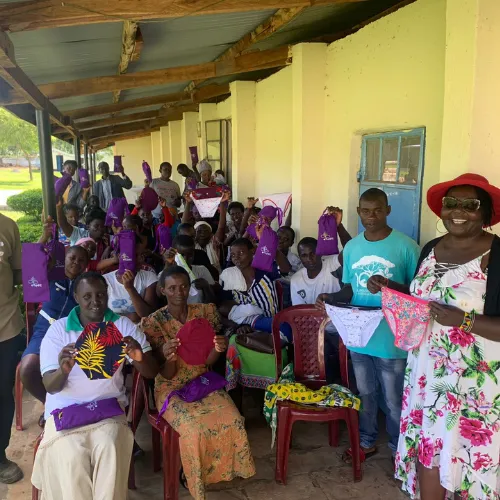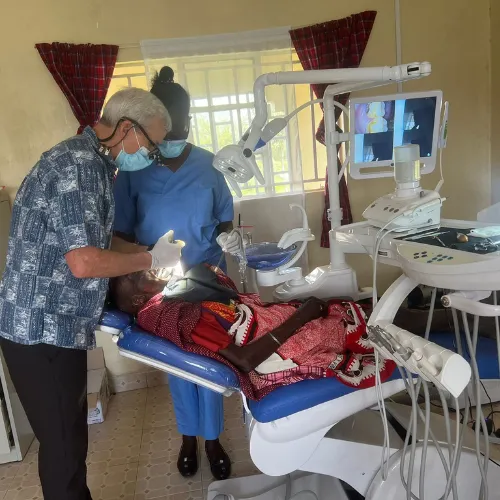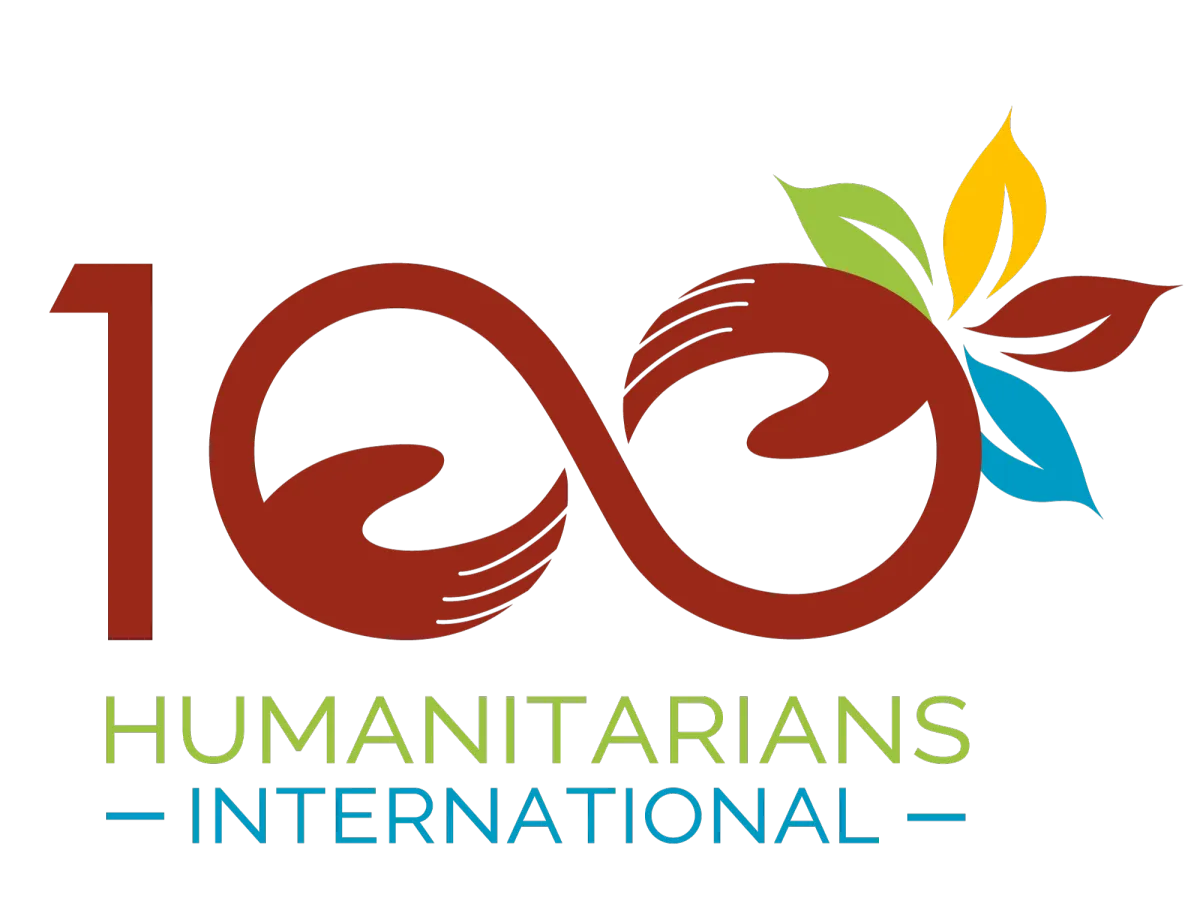Health
All of our projects focus on helping families achieve self-reliance. We are in this to change the next generation and teach them skills that will allow them to choose a better life.

HopeKits
Families in poverty often grapple with a myriad of health challenges, one particularly overlooked issue is the lack of access to proper menstrual hygiene management for girls and women. This problem can have far-reaching consequences, including health issues and hindering educational opportunities.
The Benefits of a HopeKit Reusable Feminine Hygiene Kit:
✔️Continuous Education: In many impoverished communities, girls often miss school during their menstrual cycles due to the unavailability of affordable, clean, and reliable feminine hygiene products. Reusable feminine hygiene products, such as underwear and washable cloth pads, provide a cost-effective and hygienic solution, preventing girls from missing school days and helping them stay in education. This empowers them to break free from the cycle of poverty.
✔️Health and Hygiene Improvement: Lack of access to proper menstrual hygiene management can lead to health issues for girls and women in poverty. Reusable feminine hygiene products offer a practical and sustainable way to manage periods, reducing health risks associated with poor menstrual hygiene. Ensuring access to these products promotes better health and overall well-being for women and girls.
✔️Skill Development and Economic Empowerment: The HopeKit program not only provides reusable feminine hygiene products but also offers hygiene and reproductive education. Teaching women and girls how to sew underwear patterns by hand equips them with valuable and marketable skills, fostering economic empowerment. This initiative supports women in gaining financial independence and contributing to their communities.

HopeSaCs
The HopeSaC thermal cooker is a transformative solution for families in poverty, addressing the severe health challenges posed by indoor air pollution from traditional cooking methods. By utilizing retained heat cooking technology, the HopeSaC reduces the time spent over open flames, preserving lung health and lowering the risk of respiratory problems for women and children. This innovation conserves precious fuel resources, minimizes carbon emissions, and frees up valuable time for education and income-generating activities.
The Benefits of a HopeSaC Thermal Cooker:
✔️Improved Respiratory Health: The HopeSaC thermal cooker reduces indoor air pollution by minimizing the need for continuous fire-tending, significantly lowering the risk of respiratory problems for women and children who spend substantial time near open flames.
✔️Resource Conservation and Environmental Benefits: By using retained heat cooking technology, the HopeSaC conserves precious fuel resources and reduces carbon emissions. This innovation not only promotes better health but also supports environmental sustainability in impoverished communities.
✔️Enhanced Quality of Life: The HopeSaC frees up valuable time for women and children, allowing them to engage in education and income-generating activities. This not only improves their overall well-being but also contributes to breaking the cycle of poverty by offering more opportunities for personal and economic growth.

Dental Clinic
The new Nkoilale Dental Clinic on the Maasai Mara will have a profound impact on the local community by providing essential dental care services, significantly improving oral health and preventing diseases. Access to regular check-ups, cleanings, and treatments will enhance overall well-being and quality of life, allowing individuals to enjoy better nutrition, increased self-esteem, and the ability to work and attend school without the distraction of dental pain. Additionally, the clinic will generate local employment opportunities, boosting the economy and enabling healthier, more productive lives, leading to better educational and economic outcomes for the community.
The Benefits of a Dental Clinic:
✔️Improved Oral Health: The new dental clinic in Kenya will provide essential dental care services, significantly improving oral health for the local community. Access to regular check-ups, cleanings, and treatments will help prevent dental diseases, reduce pain, and promote overall well-being.
✔️Enhanced Quality of Life: By addressing dental issues that often go untreated, the clinic will improve the quality of life for many individuals. Better oral health contributes to improved nutrition, increased self-esteem, and the ability to work and attend school without the distraction of dental pain or discomfort.
✔️Economic and Educational Benefits: The presence of the dental clinic will generate local employment opportunities and contribute to the economy. Additionally, healthier individuals can engage more effectively in their work and education, leading to greater productivity and better educational outcomes for the community.
Our Impact Since 2015*
21000+
Sustainable Food
Projects
1675+
Clean Water
Projects
6000+
Education
Projects
8575+
Health
Projects
400+
Expedition Travelers
*Numbers updated quarterly
Get Involved
We rely on donors and volunteers to keep 100 Humanitarians International moving forward!
Sign up to get information on joining an expedition, attending events, or volunteering.

100 Humanitarians International is a 501(c)(3) nonprofit recognized by the IRS, and all donations to 100 Humanitarians International are tax-deductible in accordance with IRS regulations. EIN #82-1048388
South Jordan, Utah
801-432-0105
